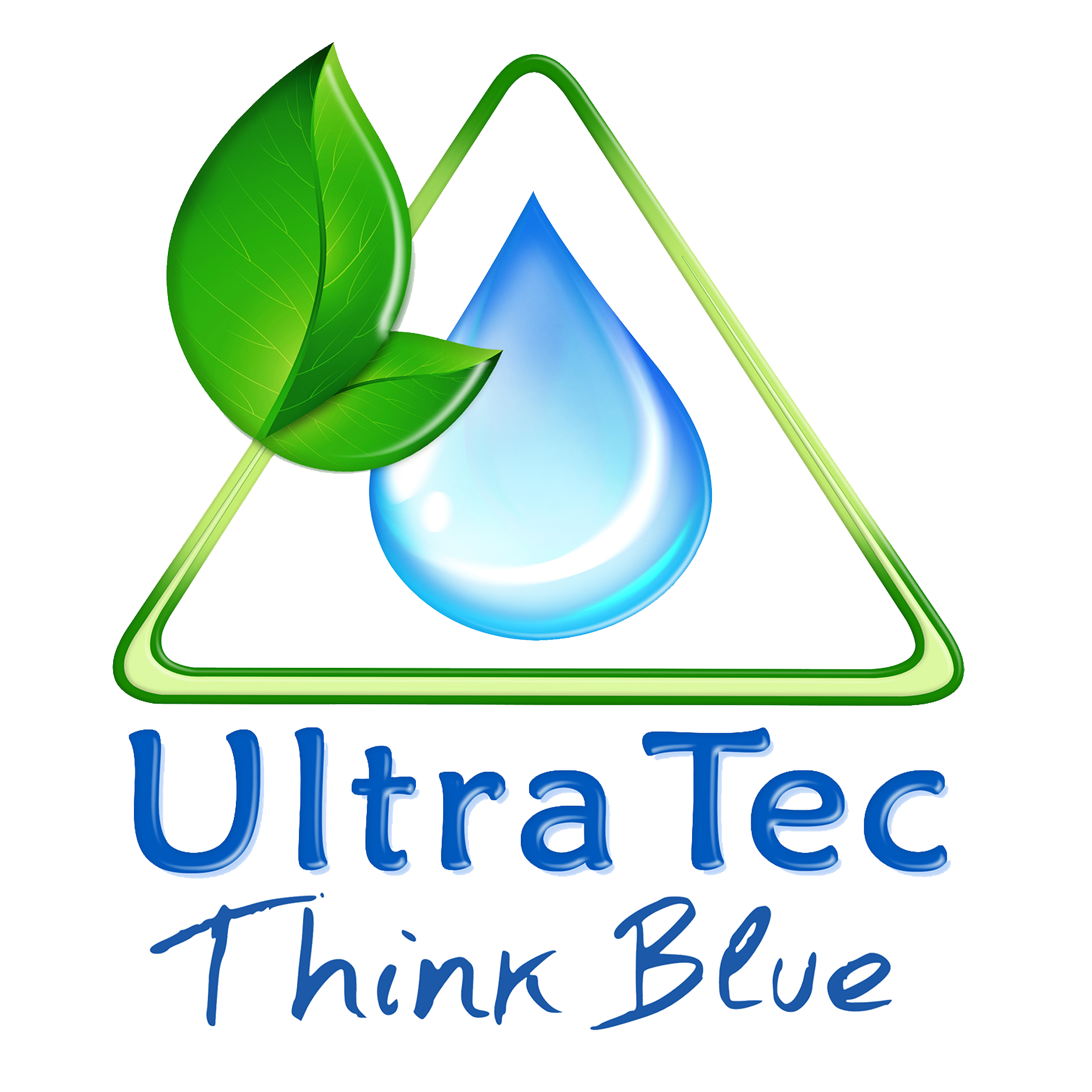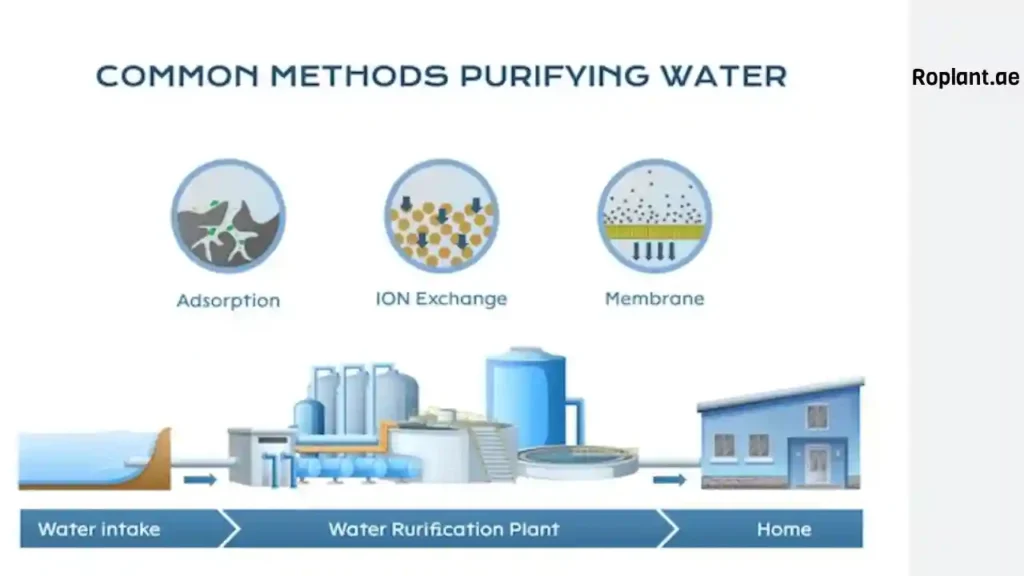From water Intake to Home RO Treatment Services
In today’s society, access to safe drinking water is not a luxury; it is a requirement for good health. However, there are several steps and processes involved in getting from water input to safe ingestion. In this blog post, we will look at the importance of water intake, the role of water purification plants, and how home RO treatment services may help provide pure water for households.
The Importance of Water Intake
Water intake is the collection of water from natural sources such as rivers, lakes, and groundwater reservoirs. This first phase establishes the framework for the complete water treatment procedure. To protect public health, the water collected must be of good quality and devoid of impurities.
Communities and governments use stringent monitoring and testing techniques to evaluate water quality at intake sites. Regular testing aids in the identification of potential contaminants and guarantees adherence to regulatory safety guidelines.
Water Intake Purification Plants: Protecting Public Health.
Water purification plants serve an important role in processing raw water obtained from intake sources. These plants use innovative technologies and treatment procedures to remove pollutants, pathogens, and hazardous compounds from water, making it safe to drink.
Water purification plants employ a variety of procedures, including filtration, sedimentation, chlorination, and modern systems such as reverse osmosis (RO). Each stage is meticulously planned to reduce impurities and enhance water quality while conforming to strict regulatory requirements.
Before being distributed to residential, commercial, and industrial consumers, the treated water is subjected to rigorous testing to ensure that it meets all safety regulations. Water purification facilities serve an important role in protecting public health and supplying communities with clean, drinking water.
Home RO treatment services bring clean Water Intake closer to home.
Despite the efforts of water filtration plants, some pollutants may still exist in tap water. This is when residential RO treatment services come into play. Reverse osmosis systems used in houses give an extra degree of protection, ensuring that the water drunk by households is free of pollutants and hazardous compounds.
RO treatment systems use semi-permeable membranes to filter out pollutants such as heavy metals, microorganisms, and dissolved solids from water. This procedure produces clean, delicious-tasting water that is suitable for drinking, cooking, and other household purposes.
Homeowners can enjoy the convenience and peace of mind provided by RO treatment services. RO systems are easy to install and require little maintenance, making them dependable.
Conclusion
Access to clean water is important to improving public health and well-being. From water intake to home RO treatment services, every stage of the water treatment process is critical to guaranteeing the safety and purity of our drinking water.
We may take proactive measures to safeguard ourselves and our children from waterborne toxins by investing in strong water purification infrastructure and using home treatment options such as RO systems. Together, we can ensure that clean water is a critical resource for future generations
FAQs
- Why is water intake important for our health?
Water intake is crucial for maintaining proper hydration, supporting bodily functions like digestion and circulation, regulating body temperature, and removing toxins from the body.
- What are the common sources of water for purification plants?
Purification plants typically source water from rivers, lakes, reservoirs, and groundwater. These sources may vary depending on geographic location and local water supply infrastructure.
- How do water purification plants ensure the safety and quality of drinking water?
Water purification plants use a combination of filtration, chemical treatment, and disinfection processes to remove contaminants, bacteria, viruses, and impurities from raw water, ensuring it meets regulatory standards for safe consumption.
- What is reverse osmosis (RO) technology, and how does it work in water treatment?
Reverse osmosis (RO) is a water purification process that uses a semipermeable membrane to remove dissolved solids, contaminants, and impurities from water. It works by applying pressure to force water molecules through the membrane, leaving behind purified water.
- What are the benefits of installing a home-based RO water treatment system?
Home-based RO water treatment systems provide a convenient and reliable solution for ensuring access to clean and safe drinking water. They effectively remove harmful contaminants, improve water taste, and reduce reliance on bottled water.
- How often should the filters in a home RO system be replaced?
Filter replacement frequency varies depending on factors such as water quality, usage, and the specific RO system. Generally, it’s recommended to replace filters every 6 to 12 months to maintain optimal performance.
- Can home-based RO systems remove all contaminants from water?
While home-based RO systems are effective at removing many contaminants, including dissolved solids, heavy metals, and chemicals, they may not remove certain contaminants like volatile organic compounds (VOCs) or bacteria and viruses without additional filtration or disinfection methods.
- Are there any maintenance requirements for home-based RO systems?
Regular maintenance tasks for home-based RO systems include filter replacements, system sanitization, and periodic checks for leaks or malfunctions. Following manufacturer recommendations and scheduling routine maintenance helps ensure the continued effectiveness of the system.
- How can I determine if my household water needs additional treatment beyond an RO system?
Conducting water quality tests or consulting with water treatment professionals can help identify specific contaminants or issues in your household water supply that may require additional treatment beyond an RO system.
- What are the environmental benefits of using home-based RO water treatment systems?
Home-based RO water treatment systems help reduce the consumption of single-use plastic bottles and minimize the environmental impact associated with bottled water production, transportation, and disposal.

